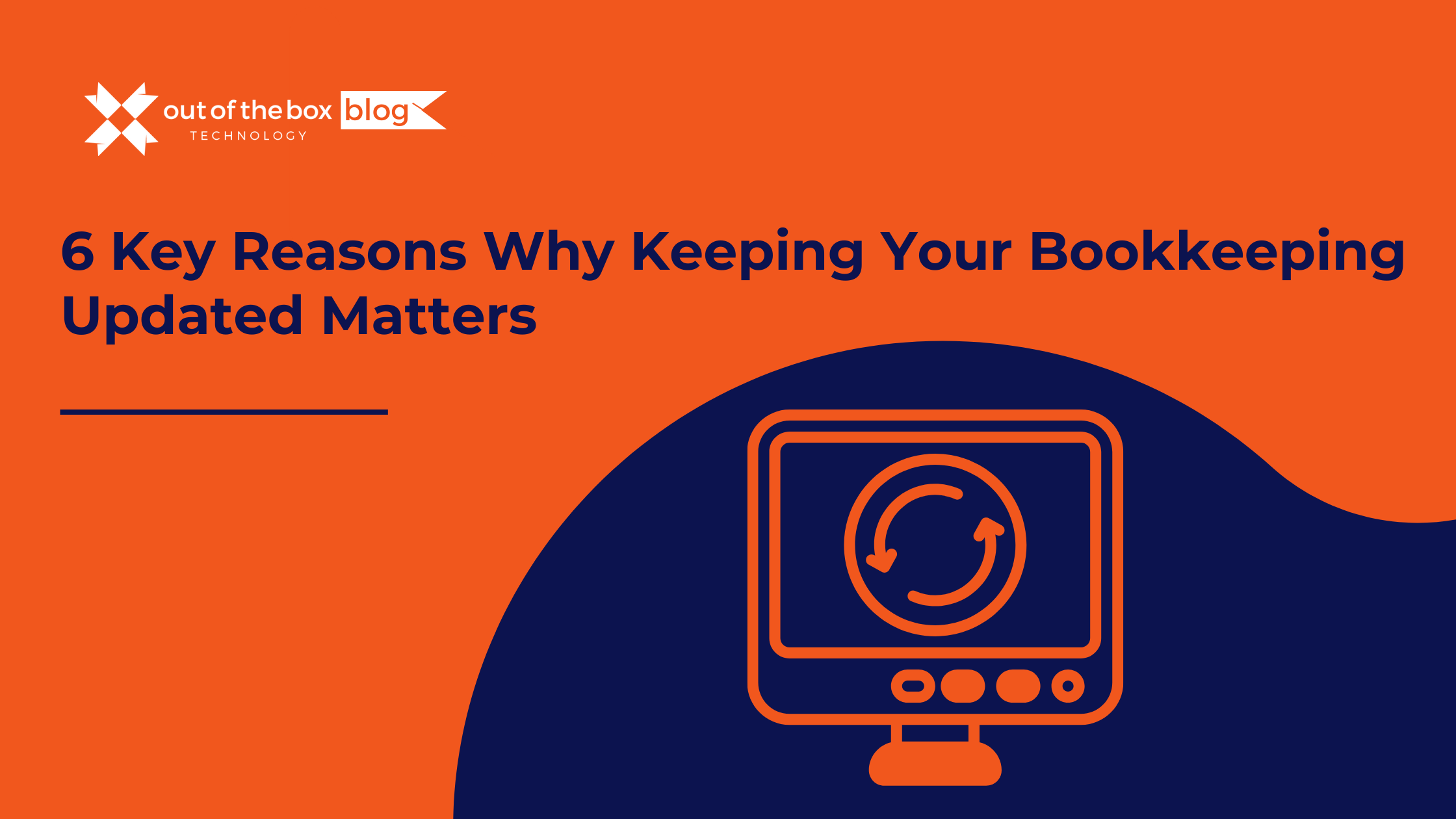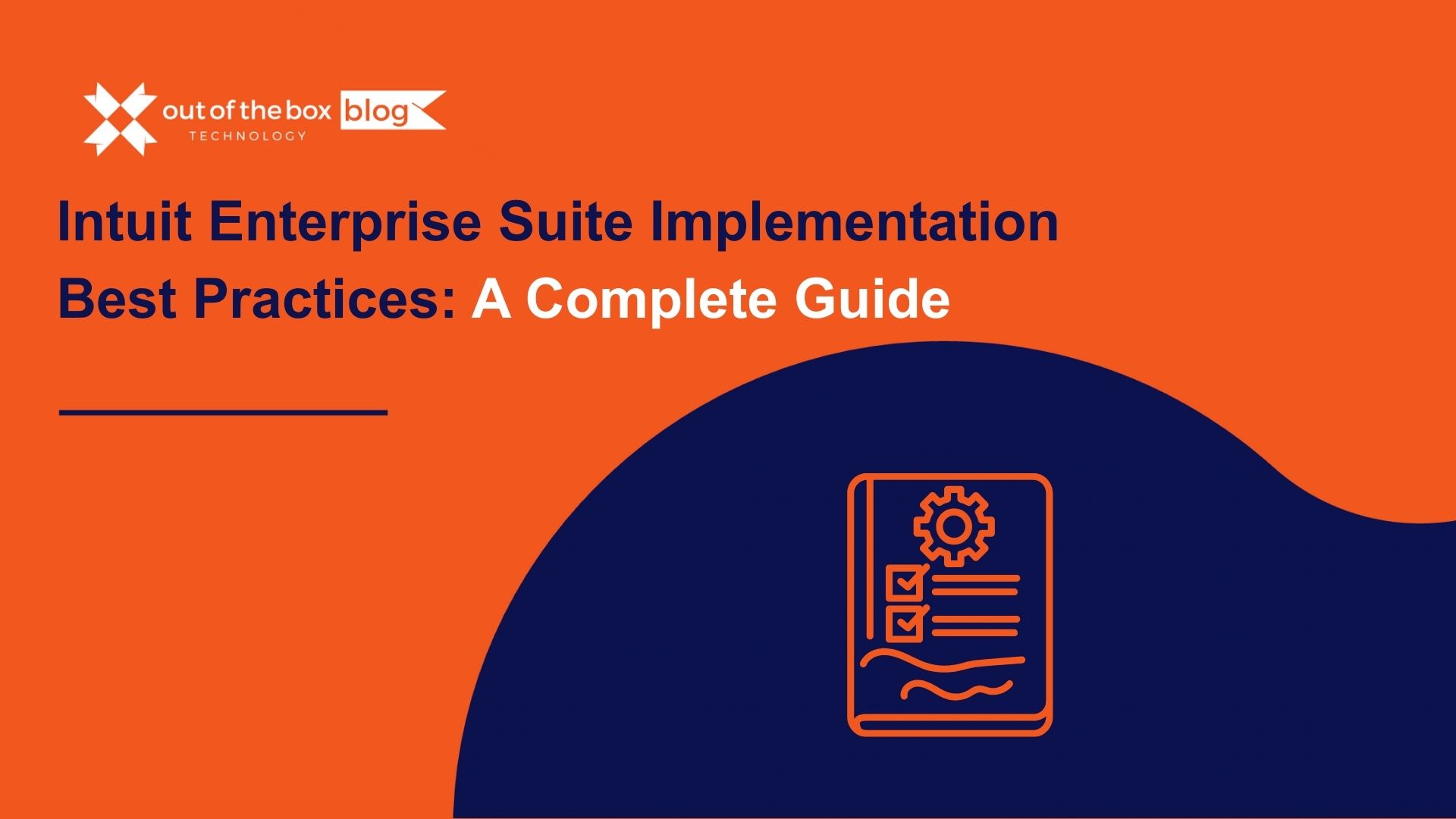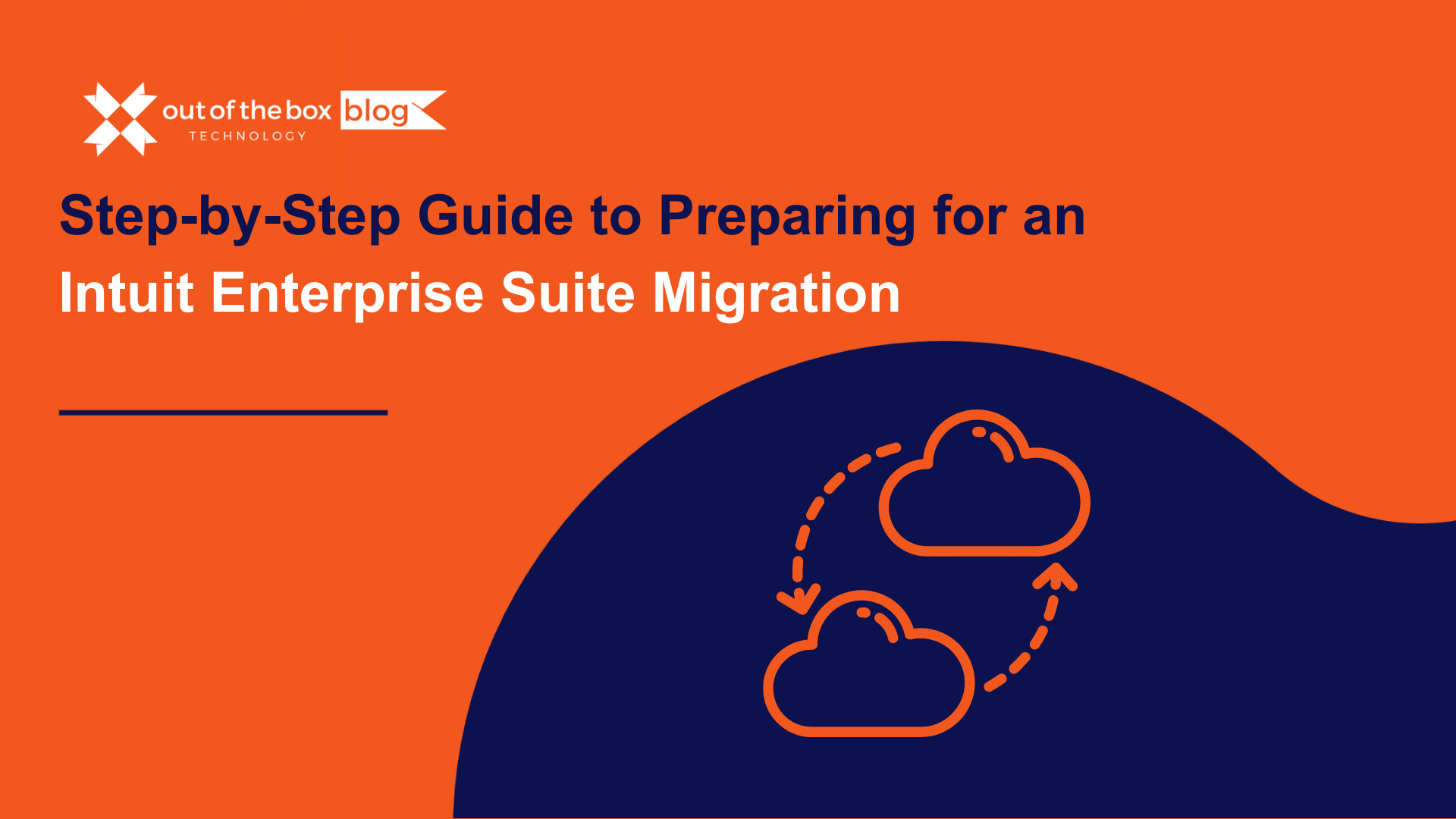In today’s fast-paced business world, maintaining accurate and up-to-date financial records is crucial for long-term success. Whether you’re a small business owner, a franchise operator, or managing a growing enterprise, bookkeeping updates should never be overlooked.
Outdated bookkeeping can lead to cash flow issues, tax penalties, and even legal troubles. On the other hand, businesses that prioritize bookkeeping services gain better financial clarity, improved decision-making, and streamlined operations.
In this article, we’ll explore the six key reasons why keeping your bookkeeping updated matters and how it can impact your business’s financial health.
1. Accurate Financial Reporting and Decision-Making
Why It Matters
Your financial reports provide a real-time snapshot of your business’s financial health. Outdated or inaccurate bookkeeping can lead to poor decision-making, impacting cash flow, profitability, and long-term growth.
Data-Backed Insight
According to a Small Business Administration (SBA) report, 82% of businesses fail due to cash flow mismanagement. Keeping your books updated ensures you always have a clear picture of your revenue, expenses, and profitability.
How Bookkeeping Updates Help
✅ Generate accurate profit and loss statements
✅ Track monthly revenue vs. expenses
✅ Identify profit margins and growth trends
✅ Make data-driven business decisions
Example
Imagine running a plumbing business and not realizing that material costs have increased by 15% over the last six months. Without updated bookkeeping, you might continue to price services based on outdated costs, reducing profitability.
2. Ensures Compliance with Tax Regulations
Why It Matters
Tax compliance is a legal obligation for all businesses. Late or incorrect tax filings can lead to heavy penalties, audits, or legal consequences.
Data-Backed Insight
According to the IRS, 40% of small businesses incur an average of $845 per year in tax penalties due to incorrect filings.
How Bookkeeping Services Help
✅ Keep track of tax-deductible expenses
✅ Ensure on-time tax filings
✅ Prevent penalties for late payments
✅ Prepare audit-proof financial records
Example
If you’re a franchise owner running multiple locations, missing even a single tax deadline can lead to compounded penalties. With regular bookkeeping updates, your accountant can file returns accurately and on time.
3. Improved Cash Flow Management
Why It Matters
Many businesses struggle with cash flow problems due to untracked receivables and unexpected expenses. Without accurate bookkeeping, you risk running out of cash when you need it the most.
Data-Backed Insight
A study by U.S. Bank found that 82% of small business failures are due to poor cash flow management.
How Bookkeeping Updates Help
✅ Track accounts receivable and payable
✅ Identify slow-paying customers
✅ Forecast seasonal fluctuations
✅ Avoid late fees and overdraft charges
Example
A home services business (e.g., HVAC repair) might experience seasonal revenue fluctuations. Without updated bookkeeping, the owner might overspend in peak months and struggle to cover payroll during slower months.
4. Better Business Growth and Financial Planning
Why It Matters
Without accurate financial records, planning for growth becomes challenging. Whether you’re seeking a business loan, expanding locations, or hiring staff, lenders and investors need up-to-date financials before approving funding.
Data-Backed Insight
According to a study by Nav, 82% of small businesses that applied for loans were denied due to poor financial documentation.
How Bookkeeping Services Help
✅ Ensure clean financial records for loan approvals
✅ Identify profitable service lines
✅ Forecast business expansion opportunities
✅ Secure better investor confidence
Example
A growing bookkeeping franchise looking to open a new location must present accurate financial records to secure a business loan. Without updated books, securing funding becomes nearly impossible.
5. Detects and Prevents Fraud or Financial Errors
Why It Matters
Fraud and accounting errors can drain business profits without immediate detection. Regular bookkeeping updates help identify suspicious transactions and prevent financial mismanagement.
Data-Backed Insight
The Association of Certified Fraud Examiners (ACFE) reports that businesses lose 5% of annual revenue due to fraud, with small businesses being the most vulnerable.
How Bookkeeping Updates Help
✅ Detect unauthorized transactions
✅ Identify accounting errors before they escalate
✅ Reduce theft and mismanagement risks
✅ Ensure reconciled bank statements
Example
A landscaping business with multiple employees might find discrepancies in vendor payments. Regular bookkeeping audits can flag duplicated or fraudulent invoices before they cause significant losses.
6. Saves Time and Reduces Stress for Business Owners
Why It Matters
Bookkeeping is time-consuming, especially for business owners managing operations, sales, and customer service. Outsourcing bookkeeping services or keeping records updated saves hours of manual work and reduces financial stress.
Data-Backed Insight
A study by Clutch found that 45% of small business owners spend more than 80 hours per year on bookkeeping and taxes.
How Bookkeeping Services Help
✅ Free up valuable time for business operations
✅ Avoid last-minute tax season stress
✅ Reduce manual data entry errors
✅ Improve overall work-life balance
Example
A roofing contractor handling both client projects and bookkeeping may struggle to keep up with financial records. Outsourcing bookkeeping saves time and allows them to focus on growing their business.
FAQs
1. How often should I update my bookkeeping records?
It’s recommended to update your bookkeeping weekly or monthly to ensure accurate financial tracking.
2. Can I manage bookkeeping myself, or should I hire a service?
While small businesses can use software like QuickBooks or Xero, outsourcing bookkeeping services ensures accuracy and compliance.
3. How much does bookkeeping cost for small businesses?
The cost varies based on business size and complexity. Outsourced bookkeeping services range from $300 to $2,500 per month.
4. What happens if I don’t keep my books updated?
You risk tax penalties, cash flow issues, inaccurate financial reporting, and potential fraud.
5. What bookkeeping software is best for small businesses?
Popular options include QuickBooks, Xero, FreshBooks, and Wave Accounting.
Final Thoughts
Regular bookkeeping updates are essential for financial accuracy, tax compliance, cash flow management, and fraud prevention. By prioritizing bookkeeping services, businesses can make informed decisions, secure funding, and scale successfully.
If you’re struggling to maintain accurate financial records, consider partnering with a professional bookkeeping service to ensure long-term financial stability and growth.
Need financial guidance?
Consider hiring a fractional Controller to streamline your finances without the cost of a full-time hire.




